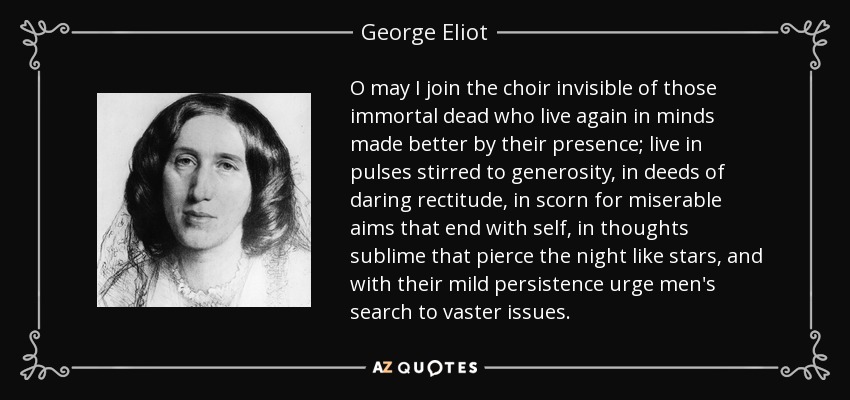Note: If you wish to receive, via e-mail, (1) my weekly newsletter or (2) daily copies of these posts, notify me at rrbates1951@gmail.com and indicate which you would like. I promise not to share your e-mail address with anyone. To unsubscribe, send me a follow-up email.
Tuesday
Julia and I returned last night from our 50th Carleton reunion, which proved to be an emotional affair. Because many of us have retired, we spent time reflecting upon our work lives. One commonality I discovered is the number of “Carls” who have committed their lives to public service, whether in medicine, education, government, religion, or other fields. Although some have achieved a fair amount of public renown while others have worked quietly within their communities, many—perhaps most—have worked tirelessly to make the world a better place. As it was a goal we spoke openly about 50 years ago, it was heartening to see how many people have followed through.
In looking back, we also remembered those we have lost. (Out of 375 people, so far Carleton’s class of ’73 has lost 55.) Our special memorial service featured, as is fitting, much poetry. As I used to tell my students, poetry is language doing heavy lifting.
While I knew most of the poems, there were a couple that I encountered for the first time. One of these was George Eliot’s “The Choir Invisible,” which was particularly appropriate as it captured our sense of service. The poet aspires to joining “the choir invisible
Of those immortal dead who live again
In minds made better by their presence…
“Immortal dead” does not necessarily mean famous. If, by our presence in people’s lives, we have encouraged them to be generous or brave or high minded—if we have, with mild persistence, urged their minds to “vaster issues”—then we have lived well. In fact, Eliot tells us that “so to live is heaven.”
It is heaven because, in conducting our lives in this fashion, we breathe a “beauteous order that controls/ With growing sway the growing life of man.” Eliot credits that choir invisible as the source of the “sweet purity for which we struggled.” To be sure, this goal is sometimes difficult to achieve, perhaps because of our rebellious flesh or flawed upbringing (we may still carry around us the shame instilled in us by vicious parents). Yet because of that music that is “the gladness of the world,” we can step into our “better self.”
Therefore Eliot asks in conclusion,
May I reach
That purest heaven—be to other souls
The cup of strength in some great agony,
Enkindle generous ardor, feed pure love,
Beget the smiles that have no cruelty,
Be the sweet presence of a good diffused,
And in diffusion ever more intense!
Many of those we lost are in that choir invisible and many of us who are still alive are auditioning for membership.
To repeat Eliot’s reminder, “So to live is heaven.”
The Choir Invisible
By George Eliot
O may I join the choir invisible
Of those immortal dead who live again
In minds made better by their presence; live
In pulses stirred to generosity,
In deeds of daring rectitude, in scorn
Of miserable aims that end with self,
In thoughts sublime that pierce the night like stars,
And with their mild persistence urge men’s minds
To vaster issues.
So to live is heaven:
To make undying music in the world,
Breathing a beauteous order that controls
With growing sway the growing life of man.
So we inherit that sweet purity
For which we struggled, failed and agonized
With widening retrospect that bred despair.
Rebellious flesh that would not be subdued,
A vicious parent shaming still its child,
Poor, anxious penitence is quick dissolved;
Its discords, quenched by meeting harmonies,
Die in the large and charitable air;
And all our rarer, better, truer self,
That sobbed religiously in yearning song,
That watched to ease the burden of the world,
Laboriously tracing what must be,
And what may yet be better—saw rather
A worthier image for the sanctuary
And shaped it forth before the multitude,
Divinely human, raising worship so
To higher reverence more mixed with love—
That better self shall live till human Time
Shall fold its eyelids, and the human sky
Be gathered like a scroll within the tomb
Unread forever.
This is life to come,
Which martyred men have made more glorious
For us who strive to follow.
May I reach
That purest heaven—be to other souls
The cup of strength in some great agony,
Enkindle generous ardor, feed pure love,
Beget the smiles that have no cruelty,
Be the sweet presence of a good diffused,
And in diffusion ever more intense!
So shall I join the choir invisible
Whose music is the gladness of the world.


